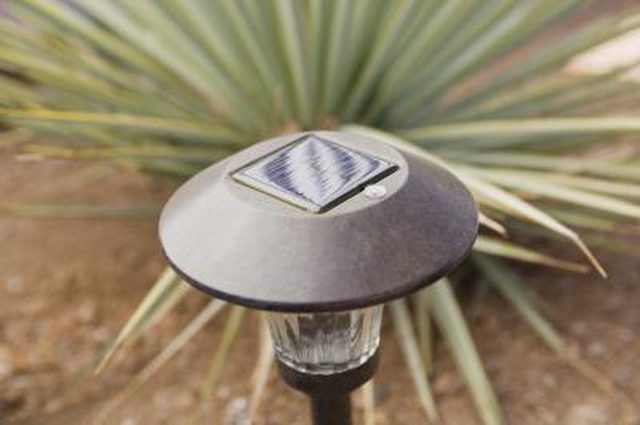Bulbs
Flower Basics
Flower Beds & Specialty Gardens
Flower Garden
Garden Furniture
Garden Gnomes
Garden Seeds
Garden Sheds
Garden Statues
Garden Tools & Supplies
Gardening Basics
Green & Organic
Groundcovers & Vines
Growing Annuals
Growing Basil
Growing Beans
Growing Berries
Growing Blueberries
Growing Cactus
Growing Corn
Growing Cotton
Growing Edibles
Growing Flowers
Growing Garlic
Growing Grapes
Growing Grass
Growing Herbs
Growing Jasmine
Growing Mint
Growing Mushrooms
Orchids
Growing Peanuts
Growing Perennials
Growing Plants
Growing Rosemary
Growing Roses
Growing Strawberries
Growing Sunflowers
Growing Thyme
Growing Tomatoes
Growing Tulips
Growing Vegetables
Herb Basics
Herb Garden
Indoor Growing
Landscaping Basics
Landscaping Patios
Landscaping Plants
Landscaping Shrubs
Landscaping Trees
Landscaping Walks & Pathways
Lawn Basics
Lawn Maintenance
Lawn Mowers
Lawn Ornaments
Lawn Planting
Lawn Tools
Outdoor Growing
Overall Landscape Planning
Pests, Weeds & Problems
Plant Basics
Rock Garden
Rose Garden
Shrubs
Soil
Specialty Gardens
Trees
Vegetable Garden
Yard Maintenance
How to Troubleshoot Solar Garden Lights
How to Troubleshoot Solar Garden Lights. Solar garden lights make the yard glow at night, increasing safety and highlighting plants and other garden features. These economical lights run on solar energy, storing power from the sun during the day and providing landscape illumination from dusk until dawn. Yard lights that don't run up the electric...

Solar garden lights make the yard glow at night, increasing safety and highlighting plants and other garden features. These economical lights run on solar energy, storing power from the sun during the day and providing landscape illumination from dusk until dawn. Yard lights that don't run up the electric bill and don't have to be turned on or off work well for home and commercial use, and for vacation homes and properties for sale. Solar lights provide trouble-free operation. If any lose power or fail, you can get them working again in minutes.
Things You'll Need
Soft cloth: microfiber, T-shirt or clean shop rag
AA rechargeable ni-cad batteries
Diagnose the solar garden lights. If they are new, and some work fine and others flicker or won't light, the problem may be location. Try moving the malfunctioning lights to a sunnier location so their batteries charge properly to light up at night. Use a damp soft cloth to clean the solar panel (the shiny area on the top of the light that collects solar energy).
Take off the cover and reattach firmly. At twilight, when the solar lights come on, tap the tops of any lights that are flickering or not coming on.
Take the cover off. On most models, twist the top, above the light. Remove the battery. According to Solar Illuminations, most solar garden lights operate on one of more AA ni-cad rechargeable batteries, usually 1.2 volts. The batteries ought to be replaced every one to two years.
Obtain new AA ni-cad rechargeable batteries. Bring a battery from your solar lights with you to shop to identify the correct replacement.
Install the new batteries in the lights. Replace the covers firmly.
Tips & Warnings
Rechargeable ni-cad batteries come in different capacities: 800mA, 700mA, 600mA. Ni-mh batteries come in higher capacities. Check the battery from the light or documentation that came with your solar garden lights to find a match. Solar Illuminations warns that a higher capacity battery won't improve light performance if the model of solar garden light doesn't have the ability to fully charge it.
Keep some spare batteries on hand for the solar lights.
Clean the solar panels regularly.
Recycle used batteries. Recycling centers, some dumps and some health food stores accept batteries for recycling.
Keep batteries out of reach of children.
Avoid using abrasive cleansers or rough materials on solar panels, as scratches on the surface can reduce performance.